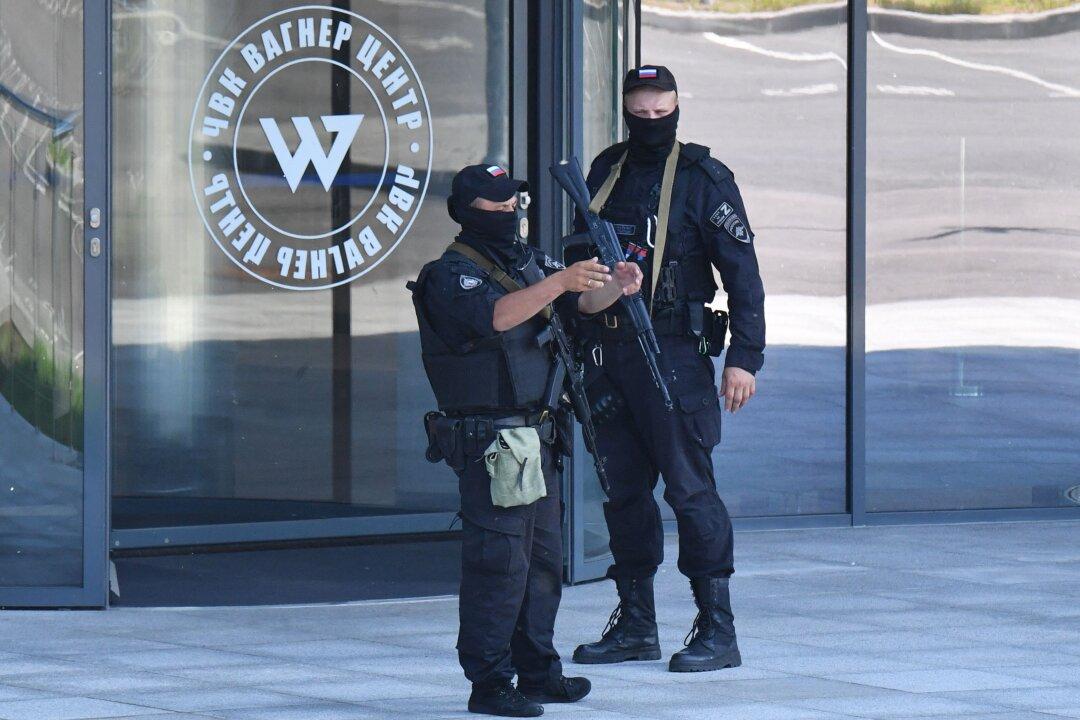Defence Secretary Grant Shapps has said the Russian mercenary group Wagner is to be proscribed as a terrorist organisation by the British government.
A draft order is being laid before Parliament on Wednesday but Mr. Shapps, who only took over the job from Ben Wallace last week, defended the delay in banning Wagner, whose founder and boss Yevgeny Prigozhin died in a suspicious plane crash last month.





